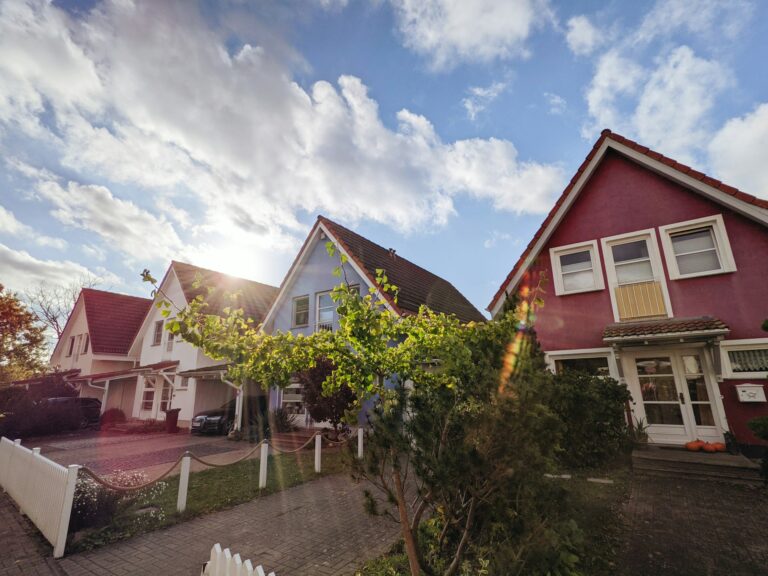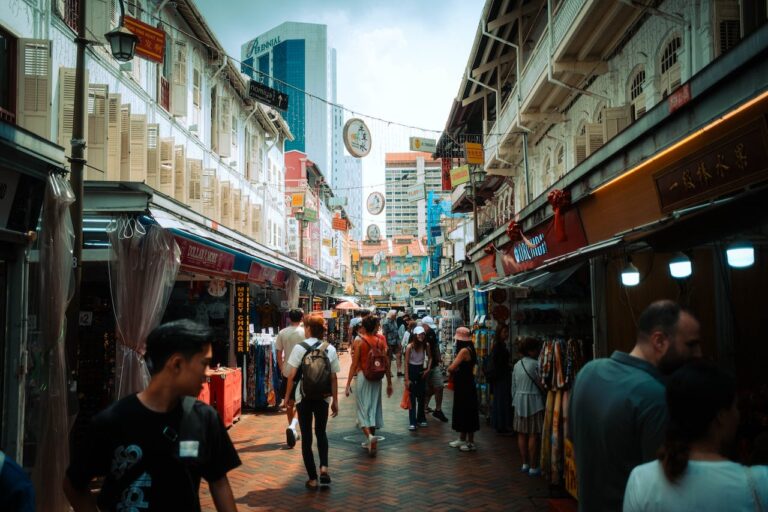First-timers to Singapore often find the landscape dominated by high-rise buildings, but for those seeking the charm of a landed property, various considerations come into play. In this article, we delve into key aspects surrounding the rental of landed properties in Singapore, addressing common questions and providing insights for prospective tenants.
Exploring Landed Property Rentals in Singapore
Singapore Properties
Unveiling the Charm of Landed Property
Landed properties in Singapore offer a unique living experience, boasting features like gardens, driveways, and perhaps even a pool or tennis court. However, before securing such a residence, it’s crucial to navigate through specific considerations.
Understanding the Rental Landscape
1. Are there any restrictions on landed property rentals for foreigners?
Foreigners can rent landed properties in Singapore as long as they meet the financial requirements, with a minimum lease duration of three months.
2. Exploring Types of Landed Properties
Terrace houses, semi-detached houses, detached houses/bungalows, and Good Class Bungalows are common options. Factors like neighbors, home age, and recent renovations should be considered. It’s always easier to seek help from the professionals.
3. Maintenance Costs for Landed Homes
Unlike condos, tenants of landed homes don’t pay central maintenance fees. However, they are responsible for various upkeep costs like garden maintenance, pool care, and pest control.
4. Lease Terms for Landed Properties
Lease terms for landed properties typically range from two to three years, with flexibility for longer stays based on tenant requests.
5. Subletting a Landed Property
Subletting is possible with mutual agreement between the landlord and tenant, but there are limits on the number of unrelated tenants.
6. Airbnb and Short-Term Rentals
Landed properties cannot be rented out on Airbnb or similar platforms for less than three consecutive months.
7. Tenant Modifications
Tenants can make additions and alterations with the owner’s approval, but they must reinstate the property to its original form before the end of the tenancy.
8. Dealing with Neighbour Disputes
In case of disputes with neighbors, amicable resolution is recommended. Tenants should involve the landlord and realtors for advice and intervention if necessary.
9. Wildlife Encounters
Encounters with wild animals on the property are part of the natural setting. Organizations like ACRES can be contacted for rescues or removals.
10. Additional Considerations
Documentation, accessibility, noise levels, and pollution are factors tenants should be aware of. Documenting the home’s condition upon moving in helps minimize disputes during the tenancy’s conclusion.
Conclusion:
Navigating the rental market for landed properties in Singapore involves understanding various aspects, from legalities to practical considerations. By addressing these 10 key points, prospective tenants can embark on their journey well-informed and equipped to make the right decisions.





